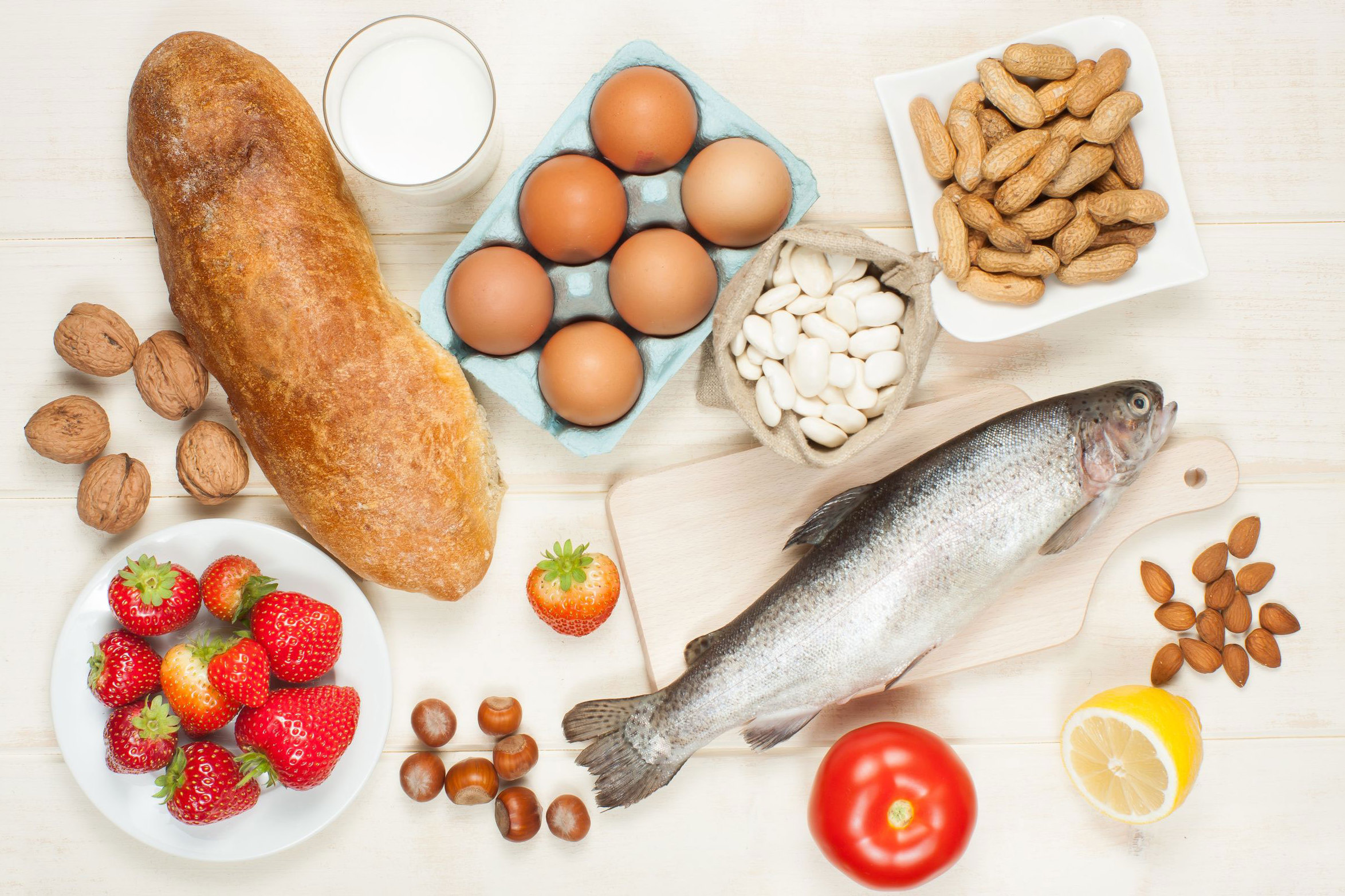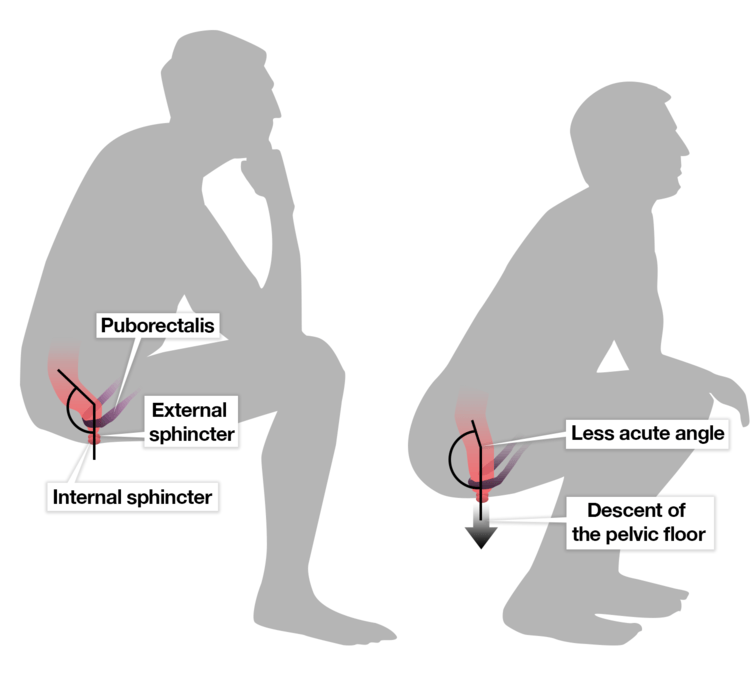

Related Posts
20May2019
Intolerance vs Allergy
The difference between a food allergy and sensitivity is the body’s response. When you have a food allergy, your immune system causes the reaction. If you have a food sensitivity or intolerance, the reaction is triggered by the digestive system.
18May2019
Constipation
Isn’t this among the most common bowel problem most individuals, friends and family experience? Yet most people find it very embarrassing to mention in the doctor’s office, especially if it is the opposite sex/ gender.

